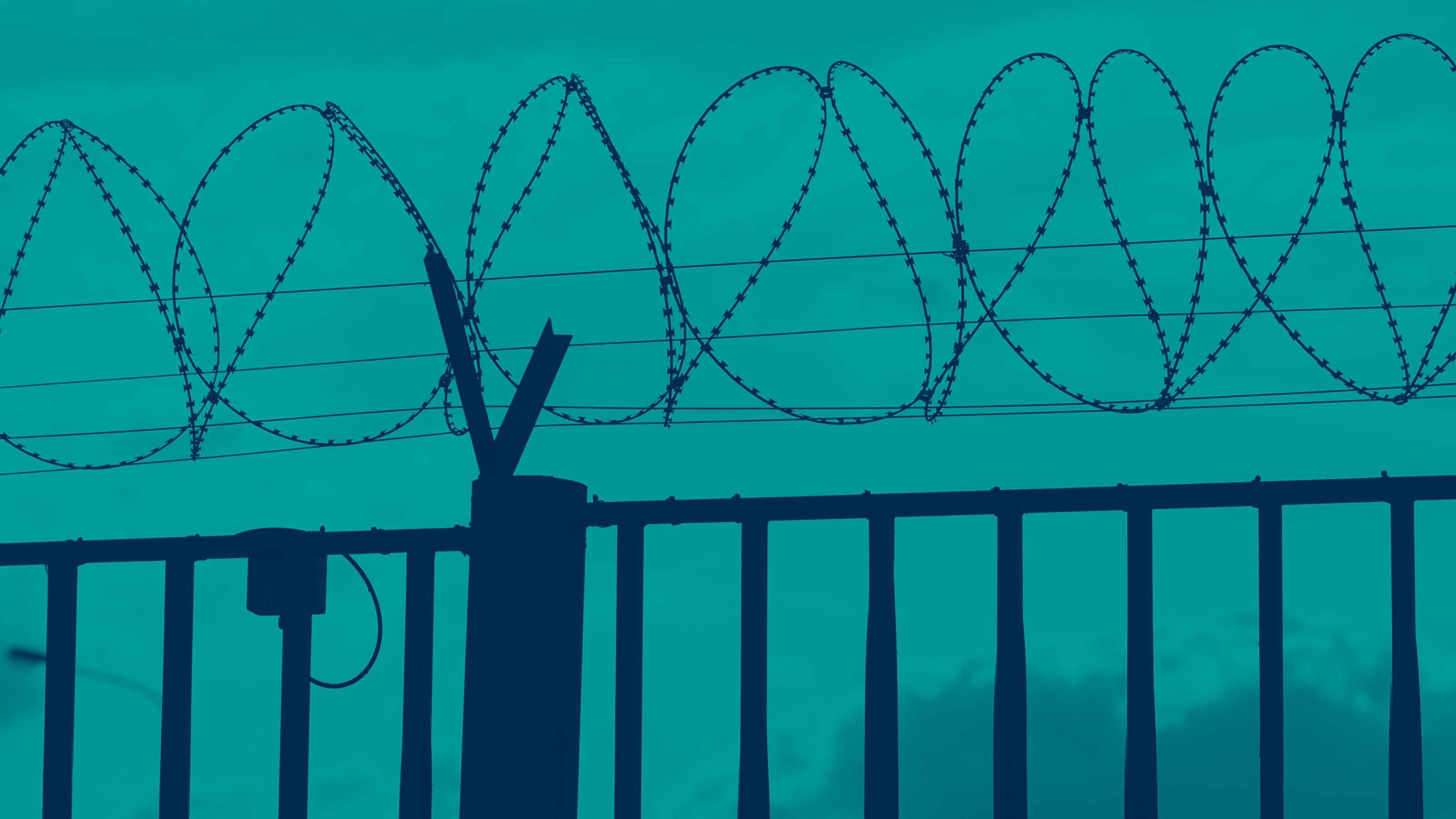Registration
You will receive an email confirming your registration.
India’s key strategic interests involve countering China’s growing military and economic power in Asia, cooperating with partners to promote regional security, and protecting the sea lanes in the Indian Ocean. This requires a capable Indian military establishment; thus, raising the question: how effective is the military training and education provided to the Indian armed forces? How does the Indian Army perceive the threat from Pakistan and China? What is the attitude of the Indian military establishment towards state and security issues? And what are the implications of these factors on India's military doctrine, New Delhi's strategic outlook, and the future of India-U.S. defense relations?
Carnegie India hosted David O. Smith to discuss the attitudes and values within the Indian Army based on his study on the Defence Staff Services College. The discussion was moderated by Srinath Raghavan.
Discussion Highlights
- Pedagogy, Joint Training and Nuclear Weapons: Participants argued that the Defence Staff Services College (DSSC) used an outdated pedagogical approach that restricted useful learning and inhibited critical thinking. They pointed out that the DSSC emphasized on rote memorization and the regurgitation of factual information. Participants debated whether the DSSC concentrated on the tactical rather than the operational aspect of warfare and if the institution propagated the inflexible application of the doctrinal principles at the expense of innovative thinking. Participants held that the DSSC evaluated students for their potential for further promotion within the Army, rather than concentrating on providing a broad-based military education. They noted that despite the college being established as a tri-service institution, joint training was poorly implemented. In addition to this, participants also advanced that there was a lack of emphasis on nuclear issues at the DSSC and the overall attitude of the military towards nuclear weapons was based on the doctrinal premise that Pakistan would initiate the use nuclear weapons in the event of a war.
- Perceptions within the Army: Participants discussed if the Indian Army followed its most basic tenet of sub-conventional operations in Jammu & Kashmir i.e., WHAM (Winning Hearts And Minds) in earnest, considering that the extrajudicial killings of militants was sometimes considered to be an unspoken feature of the doctrine. In such a manner, militants are not perceived as misguided citizens of India, but rather traitors who deserve harsh punishment. Participants also put forth their findings that indicated the persistence of high levels of mistrust and a thinly veiled hostility towards United States within the Indian military. Their findings also indicated that although the Indian military perceived China to be India’s main threat, there was a reluctance to characterize Beijing as the enemy. Participants concluded that the Indian military had confidence that issues along the Sino-Indian border could be solved amicably.
- The Indian State and the Military Establishment: Participants observed that since independence, a de facto social contract had emerged where the Indian military maintained a high level of autonomy in internal organizational matters, but the government did not involve it on most defense and national security decisions. This has resulted in a poor level of military expertise in the Indian bureaucracy, but participants argued that the armed forces were willing to accept the status quo as it gave them access to budgets, emoluments, and complete autonomy in most cases.
- Implications for the United States: Participants debated if the India and the United States could truly become strategic partners given the many friction points in the relationship. Here, they highlighted India’s arsenal of Russian military equipment and the strain it places on interoperability between the two militaries. Further, participants explored the notion of whether India’s armed forces would perform adequately in a future war with Pakistan or China - the underlying consideration here is that India’s strategic value to the United States is at least partially dependent on Washington’s assessment on whether India’s military is combat effective. Participants also warned that the situation in Kashmir and the perennial threat of an India-Pakistan conflict going nuclear could serve as impediments to U.S.-India ties.
This event summary was prepared by Siddharth Abraham Srikanth, a research intern at Carnegie India.
